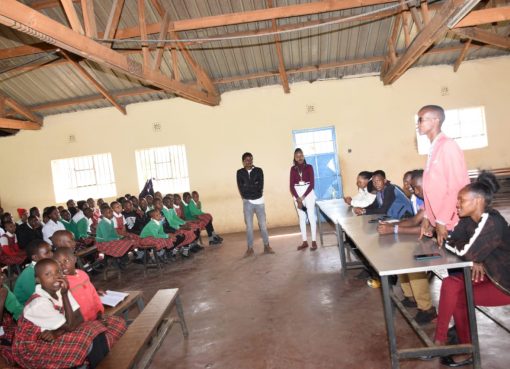The government will rehabilitate Gilgil Mental Hospital to a tune of Sh250 million to counter effects of rising cases of mental challenges, being witnessed across the country.
Nakuru Governor Lee Kinyanjui said the national government through the Ministry of Health agreed to take over the management of the hospital from the County government about two years ago.
He added that the national government had now set aside Sh250 million to rehabilitate the facility following a continued engagement with the County government.
For years the facility located at Gilgil sub-county had been in a deplorable condition, which occasioned a rise in the number of abandoned mental patients in the area.
The Governor who visited the facility admitted that the condition of the hospital had been on a declining trend, despite the rising number of mental cases in the sub-county and its environs.
While describing the facility as critical in the mental care management, Kinyanjui underscored the need for rehabilitation and upgrading of the hospital to help accommodate more and give care to the ever rising number of mental patients.
He regretted that cases of murder within family circles allegedly perpetrated by persons suffering from depression and other mental challenges was on the rise, adding that such facilities if well-equipped, could help reverse the trend.
“We need good health facilities to contain this mental monster afflicting our people,” said Kinyanjui.
The CEO Kenya parliamentary caucus on Sustainable Development Goals (SDGs) and business Imelda Achieng said the country was witnessing an upsurge in mental health cases due to the economic effects of the ravaging Covid-19 pandemic, adding that there was need to upgrade and rehabilitate more mental hospitals at the County level to deal with the crisis.
She added that the caucus advocated for rehabilitation of Mathari Mental Hospital which was currently handling many mental cases and promised to continue advocating for rehabilitation of Gilgil Hospital among others, which were in deplorable condition across the country.
By Esther Mwangi and Erastus Gichohi





